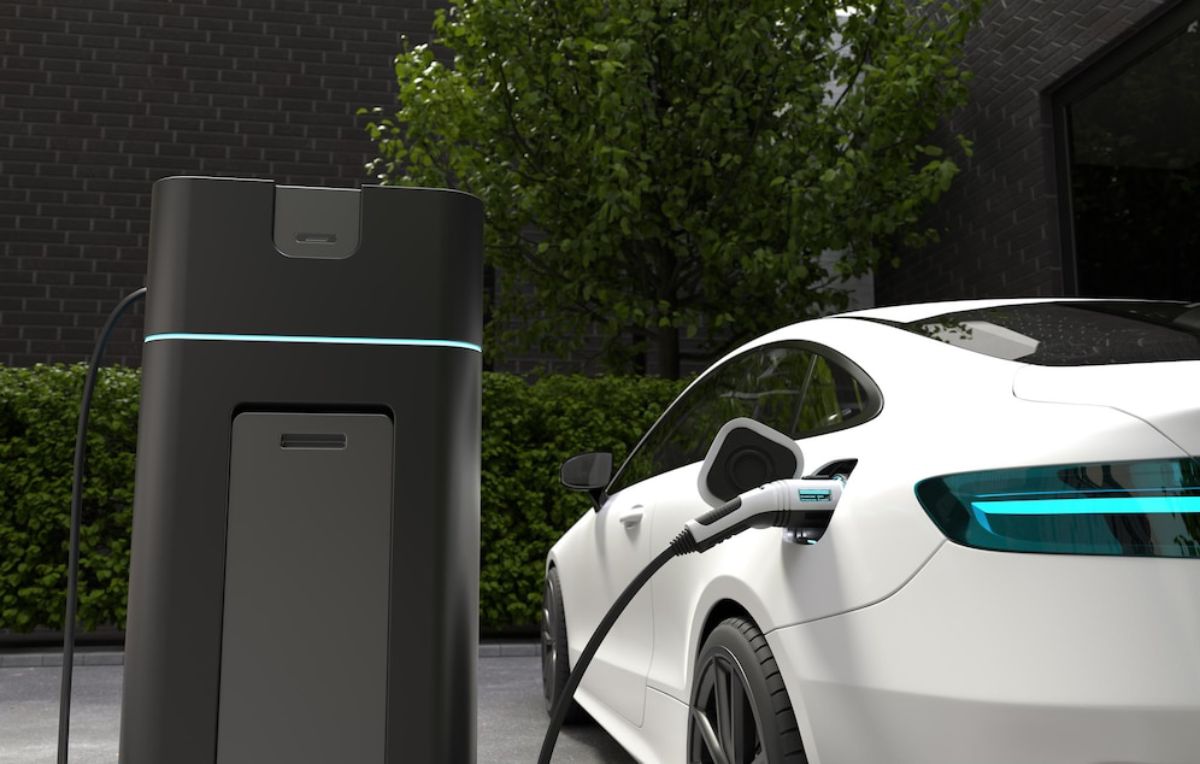Having the right electric vehicle (EV) charger helps you effectively address your EV power needs. Some charging options for your Tesla EV include the Tesla mobile connector and Level 3 DC chargers. Consider your power needs and car battery’s health to find the right EV charger. Here are five types of Tesla EV chargers you can choose from:
1. Tesla Mobile Connector
Tesla mobile connectors can include an adapter compatible with the standard NEMA 5-15, 120-volt outlet. The portability of such Tesla EV chargers makes it possible to charge your EV conveniently on the go. When using the Tesla mobile connector, you can charge your car without the additional costs of installing a wall connector or the 240-volt outlet.
Using the Tesla mobile connector without modifications can give you approximately 3 miles of range every hour. These chargers are compatible with NEMA adapters that can be plugged into the NEMA 14-50 and 5-15 outlets. When using a 50-amp circuit and a suitable adapter, your Tesla mobile connector may power your Model 3 with over 30 miles of range every hour.
2. Tesla Wall Connector
The Tesla wall connector is a suitable home-charging option for EVs like the Model S, Model 3, Model Y, and Model X. The hardwired nature of these wall connectors makes them appropriate for indoor and outdoor installation.
This charging option applies to the 240-volt power supply and may work best when using 40 to 60-amp circuit breakers. Wall connectors can offer you 44 miles every hour. After purchasing the Tesla wall connector, you may need the help of an EV specialist to install it properly.
3. Level 1 Charger
A Level 1 charger can work to power many types of electric cars. This charger uses the standard 120-volt AC outlet that provides power to common home appliances. The charger is easy to use, as users must only plug the Level 1 charging cord into the wall socket.
Level 1 chargers can be powered at 16 amps, giving you up to 6 miles of power per hour. These chargers are ideal for overnight home charging. Consider using this charger if you drive below 40 miles daily when commuting.
4. Level 2 Charger
The Level 2 charger offers faster charging times because the charger uses a 240-volt outlet and a circuit with a high amperage. This charger can provide up to 35 miles of range every hour.
For homes with standard 120-volt outlets, skilled EV technicians or electricians may have to set up a 240-volt outlet. This higher capacity outlet enables your EV charger to operate at its peak performance for fast charging.
5. Level 3 Charger
Level 3 chargers use a DC connection that passes the onboard charger and directly powers the EV battery. This leads to high-speed charging, offering up to 100 miles every hour. Level 3 chargers are suitable for occasional use, as using a DC charger as your EV’s primary charging option may lower the battery’s health over time.
Consider using this charger if you are planning for a long journey or when you are running late and need a quick charge. These chargers are less compatible with home charging because they require special utility connections, wiring, and permits. Level 3 charger connectors, such as the SAE Combo, CHAdeMO, and the Tesla Supercharger, are appropriate for various EV models.
Explore Tesla EV Chargers
Choosing the suitable EV charger and equipment for your EV can help you save time and money on energy. For fast charging when you are in a rush, look for public Level 3 EV chargers. For a flexible and affordable overnight charging option, consider a Tesla mobile connector. A certified EV technician and installation team can help you install a 240-volt outlet for Tesla chargers that provide higher charging speeds. Contact a reputable EV charger provider today to learn more about which Tesla EV charger is right for your vehicle.















